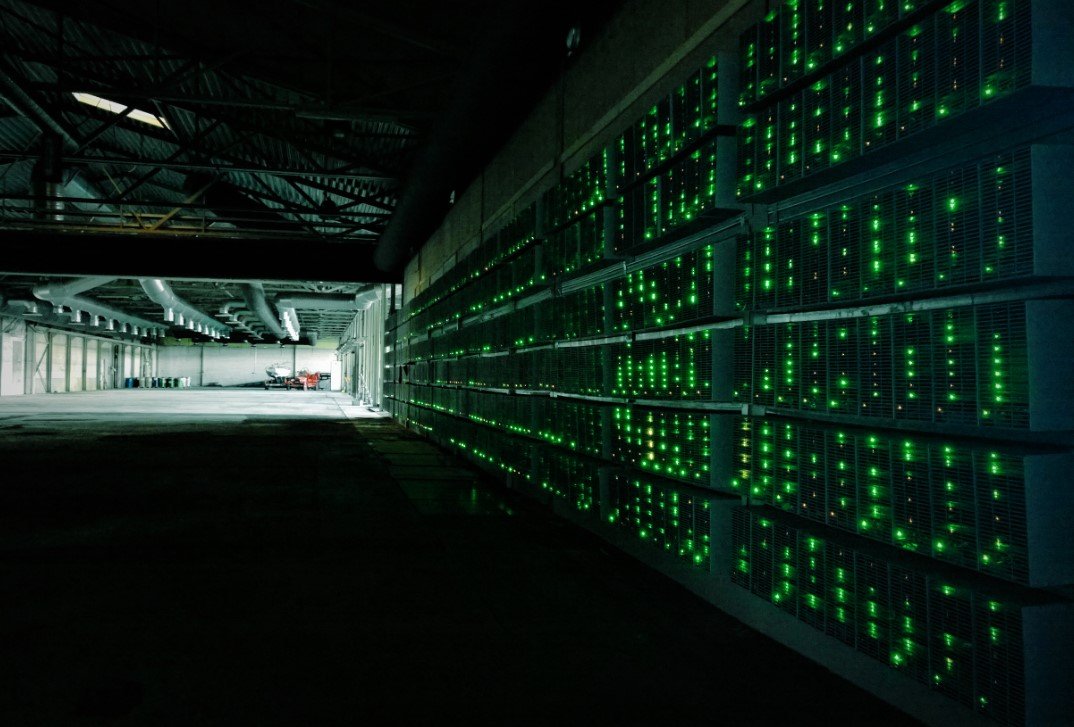Ethiopia has become a new destination for Chinese Bitcoin miners, who have been looking for cheap and reliable power sources and favorable regulations since they were banned from China in 2021. Ethiopia, which legalized Bitcoin mining in 2022 but still prohibits cryptocurrency trading, has some of the lowest electricity costs in the world, thanks to its recently built Grand Ethiopian Renaissance Dam, the largest in Africa. The dam, which was partly funded and constructed by Chinese companies, provides abundant and renewable hydropower to the country. Ethiopia also has close ties with China, which has invested heavily in its infrastructure and development projects over the past decade.

Ethiopia is one of the top recipients of Bitcoin mining machines, according to industry estimates
Ethiopia is one of the top recipients of Bitcoin mining machines, according to industry estimates. Bitcoin mining machines are specialized computers that perform complex calculations to verify transactions and generate new Bitcoins. The machines consume a lot of electricity and generate a lot of heat, which require cooling systems and ventilation. Last spring, cargo containers filled with Bitcoin mining machines began appearing near electricity substations connected to the dam. The machines were shipped by Chinese Bitcoin miners, who had to relocate their operations after China cracked down on the industry.
China used to be the global leader in Bitcoin mining, accounting for more than half of the network’s computing power. However, in 2021, the Chinese government banned Bitcoin mining, citing environmental and financial concerns. The ban forced many Chinese Bitcoin miners to shut down or move to other countries, such as Kazakhstan, Iran, and the U.S. However, these countries also have their own challenges, such as power shortages, political instability, or regulatory uncertainty. Ethiopia, on the other hand, offers a more stable and welcoming environment for Bitcoin mining, as well as a potential source of foreign exchange earnings.
Ethiopia faces some risks and challenges from hosting Bitcoin miners, such as energy demand and public perception
Ethiopia faces some risks and challenges from hosting Bitcoin miners, such as energy demand and public perception. Bitcoin mining is a controversial and energy-intensive activity, which has been criticized for its environmental and social impact. Bitcoin mining consumes more electricity than some countries, and produces a lot of carbon emissions and electronic waste. Bitcoin mining also competes with other uses of electricity, such as domestic consumption and industrial development. Ethiopia, despite its new generation capacity, still suffers from power outages and low electrification rates, especially in rural areas. Nearly half of the population lacks access to electricity, making Bitcoin mining a sensitive topic.
Ethiopian officials are aware of the controversy and the trade-offs that come with Bitcoin mining, according to industry sources who spoke anonymously to avoid jeopardizing government relations. The officials are trying to balance the economic benefits of Bitcoin mining, such as job creation, technology transfer, and foreign exchange inflows, with the energy needs and aspirations of the people. The officials are also trying to educate the public and the media about the nature and the potential of Bitcoin mining, and to dispel some of the myths and misconceptions that surround it.











